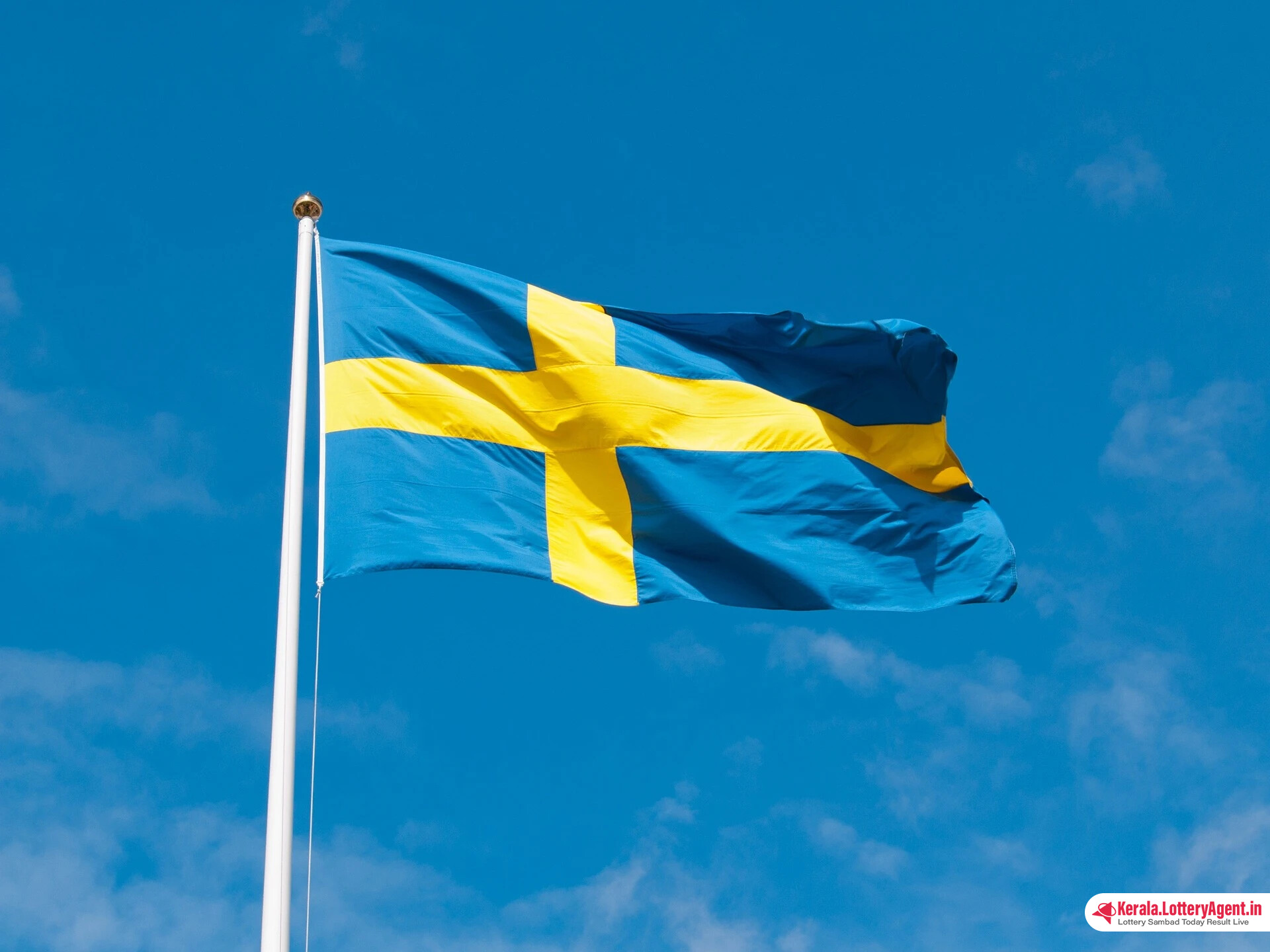
A report recently released by AB Trav och Galopp (ATG) has brought to light some troubling trends in the Swedish online gambling landscape. Data from the third quarter of 2020 reveals that the channelisation rates for regulated online gambling fall within the range of 70% to 82%. Channelisation rate measures the share of total gambling activity captured by regulated entities, and these figures vary across different types of gambling.
In particular, Q3 data shows that online sports betting had a higher channelisation rate of 88%, whereas online casino activities lagged behind at just 74%. These findings are particularly concerning considering that since Sweden legalized betting in 2019, channelisation has been on a decline across both individual gambling sectors and the market at large.
The calculation of these rates rests on an assumed spend per visit to unlicensed gambling sites that is tenfold higher than that at licensed sites. When this assumption is magnified to 20 times more, channelisation rates plummet even further. Under the heightened presumption, the overall market channels at only 70%, with sports betting diminishing to 78% and online casinos plunging to a startling 59%. This indicates that almost half of the online casino expenditures are occurring on illegal gambling platforms in Sweden.
ATG’s in-depth analysis revealed that illegal gambling activities could equate to an annual market value falling between SEK3.4 billion and SEK6.7 billion. Infiniza Limited and North Point Management Ltd were identified as the primary culprits, accounting for 60% of the illegal gambling traffic visited in Q3.
Equally concerning is the finding that 18 of the top 20 most frequented gambling websites during the quarter offer games from providers who also supply the licensed market. Astonishingly, none of these highly visited sites found themselves on Spelinspektionen’s blacklist of banned websites. The top spot for most visits was achieved by Unlimitcasino.com, followed by Refuelcasino.com and Quick.bet, drawing significant traffic, with neither providing direct deposit options from Swedish bank accounts via BankID. Although six gambling sites offered direct deposit options in Q2, the total number of visitors to these illegal sites has surpassed one million in Q3, a stark contrast to the less than 100,000 visits recorded with the launch of the legal market in the first quarter of 2019.
ATG CEO Hasse Lord Skarplöth expressed alarm at these figures and reiterated ATG’s commitment to addressing the issue head-on. Skarplöth noted the link between problem gambling in Sweden and the prevalence of unlicensed sites and called for continuous efforts to combat these illegal operators.
In response to the rise in unregulated gambling, Sweden’s government proposed an increase in taxes on gross gaming revenue from 18% to 22%. If passed, this tax hike would take effect on July 1, 2024, with the government projecting an additional SEK540.0 million in tax revenue annually. The government maintains that higher taxation would support market stabilization since the 2019 re-regulation and aims to reach a channelisation rate of at least 90%.
Despite the ongoing concerns and economic challenges, ATG reported year-on-year revenue growth and net profit increases in Q3. Revenue rose to SEK1.35 billion, up 4.6% from Q3 of the preceding year, marking the second-highest Q3 revenue on record. This performance was achieved amidst prevalent economic issues, including rising prices and interest rates leading to a recession, tightening consumer spending capabilities.
Breaking down the Q3 performance further, horse betting was the chief revenue driver followed by a marked increase in casino games revenue and a moderate rise in sports betting revenue. The majority of ATG’s revenue was generated digitally, with a minor portion attributed to retail stores across Sweden and Denmark.
When examining expenses, ATG noted escalated costs in various areas, particularly in relation to gambling tax. However, ‘other expenses’ saw a reduction, contributing to a pre-tax profit increase of 12.4%. The net profit also saw an uptick of 14.6% from the previous year.
With a focus on long-term sustainability, ATG emphasized its strategy of prioritizing customer satisfaction, stringent cost management, and minimizing reliance on external consultants in light of the uncertain economic climate. Such approaches are not only aimed at supporting ATG’s growth but also ensuring the health and longevity of the Swedish horse industry and the broader gaming market.












